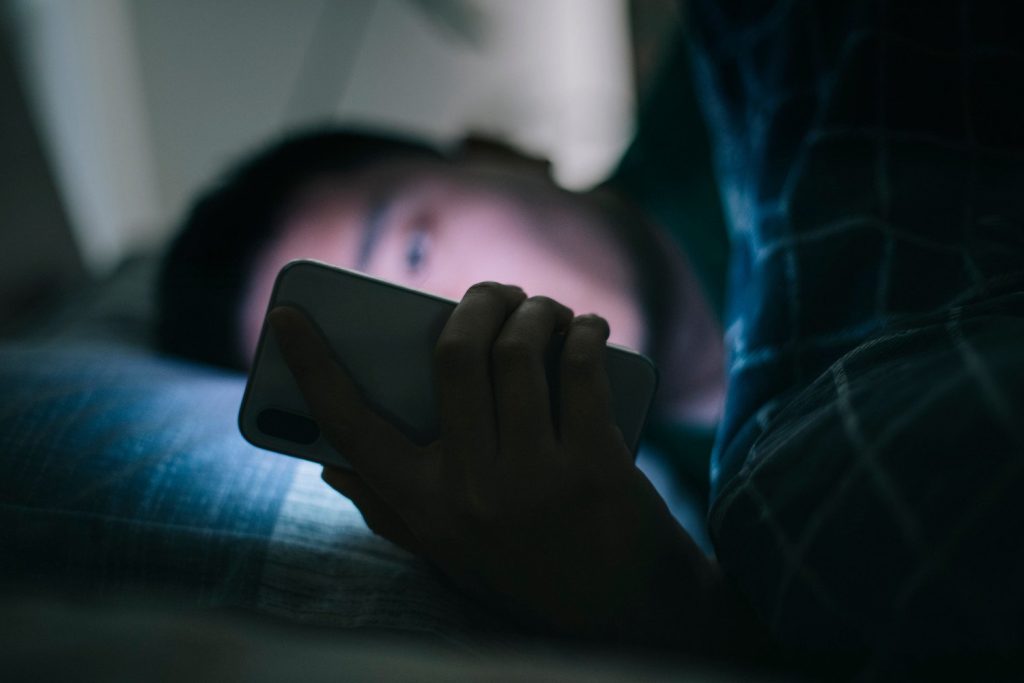Screens are everywhere — in our pockets, on our desks, even on our wrists. But as screen time increases, researchers are raising concerns about its impact on the brain and sleep quality.
In this article, we’ll look at the latest findings on screen time and mental health, what it’s doing to your focus and mood, and how to create a better digital balance.
How Too Much Screen Time Affects the Brain
Prolonged screen exposure — especially from phones and laptops — changes how the brain processes information.
A 2020 study in JAMA Pediatrics linked high screen time in children to reduced development in language and literacy-related brain areas.
(Source: Hutton et al., 2020)
In adults, multitasking across multiple digital platforms has been associated with decreased gray matter density in areas related to cognitive control and emotional regulation.
(Source: Loh & Kanai, PLOS ONE, 2014)
The Link Between Screens and Sleep Disruption
Exposure to blue light in the evening suppresses melatonin — the hormone that signals it’s time to sleep.
According to the Sleep Foundation, using phones or tablets before bed can delay REM cycles, reduce total sleep time, and decrease sleep quality.
Even “night mode” may not fully block the stimulating effects.
One study from PNAS (2015) showed that people who read on tablets before bed took longer to fall asleep, had less deep sleep, and felt more tired the next morning.
(Source: Chang et al., 2015)
Mental Health and Emotional Burnout
Screen overload, especially from social media, can increase stress and anxiety. Constant notifications, comparisons, and digital noise put the brain in a state of low-grade alert — making it harder to focus or relax.
A 2021 review in Cyberpsychology, Behavior, and Social Networking found a strong correlation between daily screen time and symptoms of depression, anxiety, and sleep problems, especially among young adults.
(Source: Twenge & Campbell, 2021)
How to Create a Healthier Digital Routine
You don’t need to quit screens entirely — but managing how and when you use them can protect your brain and improve your energy. Try these science-backed strategies:
-
Use screen time tracking apps to stay aware
-
Set a no-screens rule 60 minutes before bedtime
-
Switch to grayscale to reduce phone appeal
-
Schedule “offline breaks” during your workday
-
Keep your phone out of the bedroom
Just a few changes can reset your brain and help you sleep better — fast.
Conclusion: Reclaim Your Mind by Reclaiming Your Time
Screens are useful tools — but when they dominate your day, your brain and sleep suffer.
By setting digital boundaries, you’ll regain control over your focus, your rest, and your well-being.
Start small. Disconnect with intention. Your mind will thank you.



